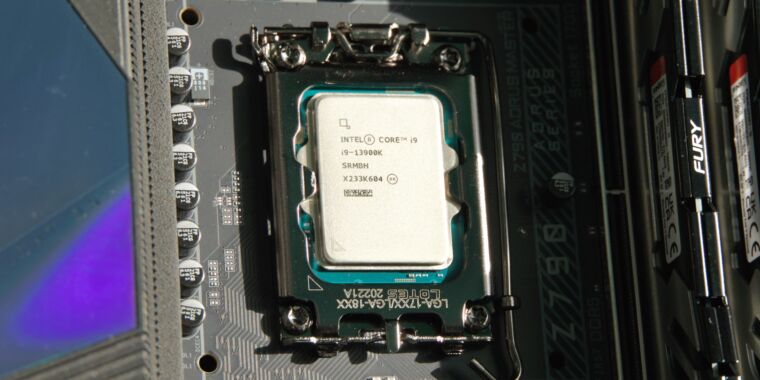Baca Juga:
Distribution
Anatsa Android malware has been spreading rapidly, with reports indicating that it has been downloaded over 150,000 times via the Google Play Store. This alarming trend highlights the importance of staying vigilant and being cautious when downloading apps from unverified sources.
Malware Description
Anatsa is a sophisticated form of malware that is designed to steal sensitive information from unsuspecting users. Once installed on a device, it can access personal data such as contact lists, messages, and even financial information. This poses a significant security risk to users who may unknowingly fall victim to this malicious software.
Detection and Removal
While Anatsa may be difficult to detect due to its stealthy nature, users can take proactive steps to protect their devices. Installing reputable antivirus software and regularly scanning for malware can help identify and remove any malicious applications that may be lurking on a device. Additionally, being cautious when downloading apps and only using official app stores can help reduce the risk of encountering malware.
Prevention Measures
In light of the recent surge in Anatsa downloads, it is crucial for users to exercise caution and practice safe browsing habits. Avoiding clicking on suspicious links, refraining from downloading apps from unknown sources, and keeping devices updated with the latest security patches are all essential steps in preventing malware infections. By taking these precautions, users can reduce their risk of falling victim to malicious software like Anatsa.
Conclusion
In conclusion, the spread of Anatsa Android malware serves as a stark reminder of the ongoing threat posed by malicious software. With cyberattacks becoming increasingly sophisticated, it is more important than ever for users to prioritize their digital security. By staying informed, remaining vigilant, and adopting best practices for online safety, individuals can protect themselves and their devices from falling prey to harmful malware.

Baca Juga:
- Instagram enhances DM experience with new features
- Scientists announce groundbreaking solution for dengue in Brazil with genetically altered mosquitoes
- Mysterious Particle Found in Air Poses Risk for Alzheimer’s Development
- Mario fans treated to a trip down memory lane with Nintendo’s latest Switch trailer
- New Exoplanet with Similar Size to Saturn Found by Astronomers











+ There are no comments
Add yours